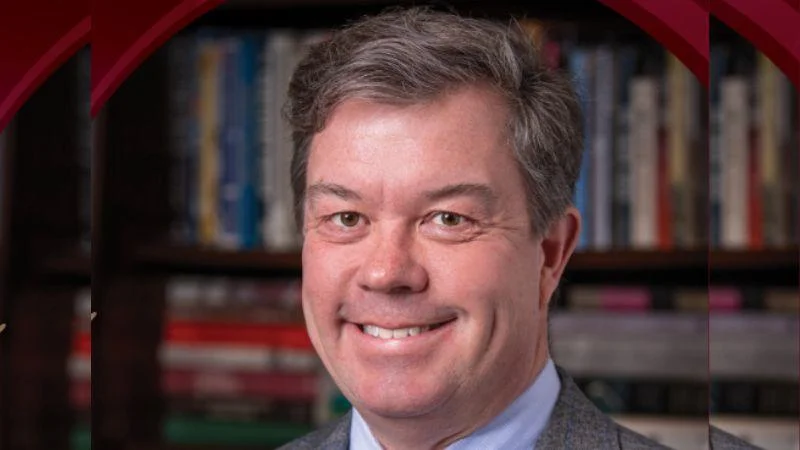A new common curriculum is in the works to create a more holistic Jesuit education for incoming students at Loyola.
The Common Curriculum Implementation Task Force was developed in 2009 and the plan was completed in April 2010, according to Lydia Voigt, senior vice provost and chair of the committee. The new common curriculum is intended to create student scholars that demonstrate Ignatian core values such as critical thinking, self-awareness and a commitment to service, Voigt said.
“Increasing globalization, social diversity and emphasis on interdisciplinary connections are among some of the realities shaping curricula across all academic and professional fields as well as core content of the liberal arts and sciences,” Voigt said. “These things, along with our desire to strengthen our Catholic Jesuit identity are some of the factors that have been driving the changes.”
First-year seminars were the first step in integrating the new common curriculum and encouraging the Jesuit motto.
Justin Nytsrom, assistant history professor, teaches a first-year seminar called Food Ethnicity and Community in New Orleans this semester. Nystrom tries to teach his first-year seminar students how to succeed at Loyola and how to do simple things well.
His students create a documentary film on sustainable agriculture and incorporate critical thinking and a lifelong service commitment throughout the semester.
“The first-year seminars are teaching students the skills they are going to need outside of Loyola,” Nystrom said.
The new common curriculum is also intended for exploring personal identity and developing leadership skills, which will help decide a major, according to the implementation plan.
Freshman and music industry major Kazzandra Tarnowsky said she agrees that the new curriculum will help students to decide their major.
“The new common curriculum could be extremely good for students who have no clue what they want to major in because it gives them structure, choices and experiences,” Tarnowsky said.
Voigt said she believes the curriculum is designed to help maximize student success.
The new common curriculum will not be much different from the existing curriculum. For example, Philosophy of the Human Person will be the philosophy requirement instead of Introduction to Philosophy, the proposed common curriculum working model explains. This course is intended to foster the holistic education experience.
Some faculty members are already teaching the holistic values to their students. Ginger Hoffman, assistant philosophy professor, encourages her students to put theory into practice. Hoffman offers an optional service-learning component for her Making Moral Decisions class to help embrace the Jesuit values.
Hoffman also incorporates personal identification and reflection in the courses she teaches. Hoffman encourages students to reflect on their own life and compare it to a lesson or reading they learned in her class to develop their whole person.
The history requirement for the new common curriculum does not differ from the current history requirement. Students will have the choice to take either History T122 or T124 and will also be required to take an advanced history requirement.
Nystrom said he believes that teaching global understanding in the common curriculum is important aspect of the holistic and Jesuit values.
The new curriculum will be slowly integrated within in the next few years. Voigt explained that the process has not been easy and will take time.
“It is challenging to get agreement across campus on matters that mean a great deal to the academic community, such as the minimum set of curricular core requirements,” she said. “Faculty members typically all feel passionately about the value of their disciplinary areas. Recognizing that debate is an important part of the process as well as making time for discussion and deliberation of issues and concerns is vital to success.”
Currently the Common Curriculum Implementation Force is working with the Office of Student Records and deans to revise Degree Program Course Lists, the course numbering system, as well as integrating input from all colleges. The implementation process will be completed after the 2014-2015 academic year.
Jamie Futral can be reached at





